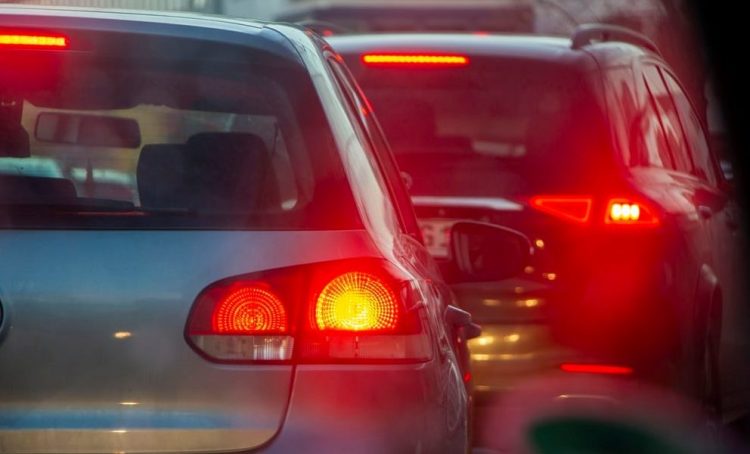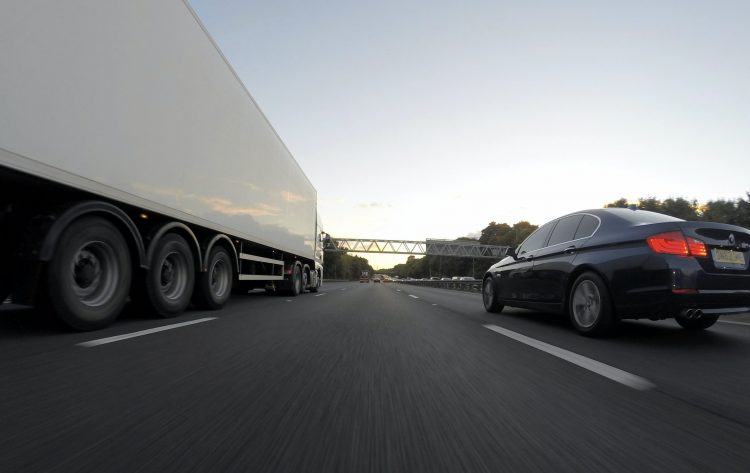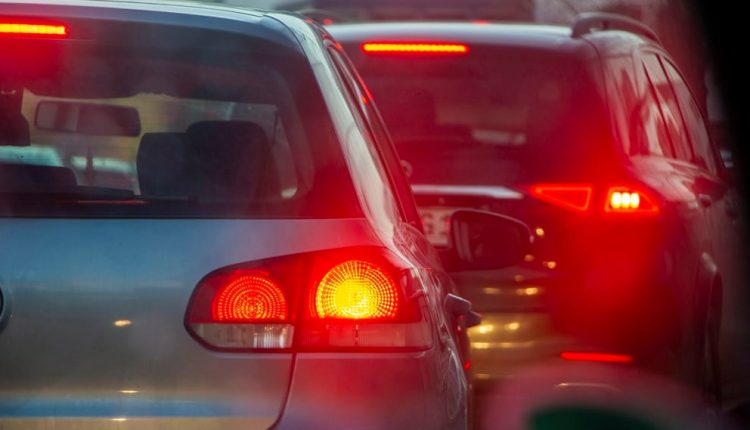A proposal to charge owners of polluting vehicles for driving in certain parts of Liverpool has been rejected by the city council – but Sefton may still go ahead with such a plan. Tony McDonough reports

Liverpool drivers will not have to pay for driving polluting vehicles through the city’s streets.
As part of its clean air plan, Liverpool City Council had considered the idea of charging owners of “non-compliant” vans, buses, coaches, taxis and lorries to tackle nitrogen dioxide pollution. They would have had to pay to drive in specific areas of the city.
However, a public backlash in Manchester over similar plans has prompted the cabinet at Liverpool Council to look at alternatives to charging. These may include traffic signalling changes, bus stop optimisation and idling enforcement.
However, Sefton cocunillors may still go ahead with a charging zone. Mainly because of the Port of Liverpool Sefton has a bigger issue with heavy goods vehicle (HGVs). The policy would see charges for HGVs that did not meet the emissions standard. The authority would consider funding to to support local businesses to mitigate the cost.
In 2018 Liverpool City Council, along with other authorities, was told by the Government to produce a Clean Air Plan (CAP). Its aim was to look at how air quality could be improved regarding levels of nitrogen dioxide (NO2) in ‘the shortest possible time’.
Air quality monitoring and computer transport modelling predicted nine stretches of road in Liverpool which would exceed the required NO2 value of 40.45 ug/m3 in 2023.
READ MORE: ‘I am working with businesses’ insists Liverpool Mayor
Liverpool and all other mandated local authorities were required to look at a charging Clean Air Zone (CAZ). It was believed this would bring forward air quality compliance quicker than any other option.
Despite extensive modelling of different sizes and categories of a Liverpool CAZ, none addressed all the forecast excess NO2 levels. Evidence from Manchester suggested such a policy would create affordability issues for residents and businesses. They would have to pay to upgrade their vehicles.
It became clear that the roll out of any charging scheme could not happen ahead of 2025. By this time Liverpool would have only one remaining zone of excessive NO2 levels. This related to volume of traffic and the closeness of the buildings, rather than the cleanliness of vehicles.
As part of the development CAP residents, businesses and taxis were asked to provide feedback on how a charging zone would impact them. With a CAP now approved by cabinet the outline business case will go to Government next month. If approved, a full business case would be submitted in January 2023.
Karen Agbabiaka, interim chief highways officer, said “Transport and air quality modelling has shown a number of different interventions, such as traffic signalling changes, bus stop optimisation and idling enforcement could all be implemented ahead of the 2025 deadline and provide more impact.
You can learn more about the Liverpool CAP at letscleartheairliverpool.co.uk

Cabinet Member for Climate Change and Environment, Cllr Daniel Barrington, added: “Air Quality is a really important issue for us, and one we all take seriously. It makes Liverpool a better place to live, work, do business and spend our leisure time.
“It’s vital that we see improvements to air quality, and I want us to do this in the quickest way possible – keeping us on track for making Liverpool a net zero carbon city by 2030.”
Cllr Ian Moncur, Cabinet Member for Health and Wellbeing at Seftion Council, also said: The poorest air quality is within areas of health and income deprivation, meaning that the worst air quality is experienced by those most vulnerable to its effects.
“I want to be clear; the Clean Air Zone in Sefton will not affect every day commuters using private cars or vans. We are exploring a CAZ option that will charge only heavy goods vehicles (HGVs) that do not meet the required emissions standards.
“The council is not using the CAZ as a source of income generation. Any income from the charges will help fund the operation and management of the scheme.”

